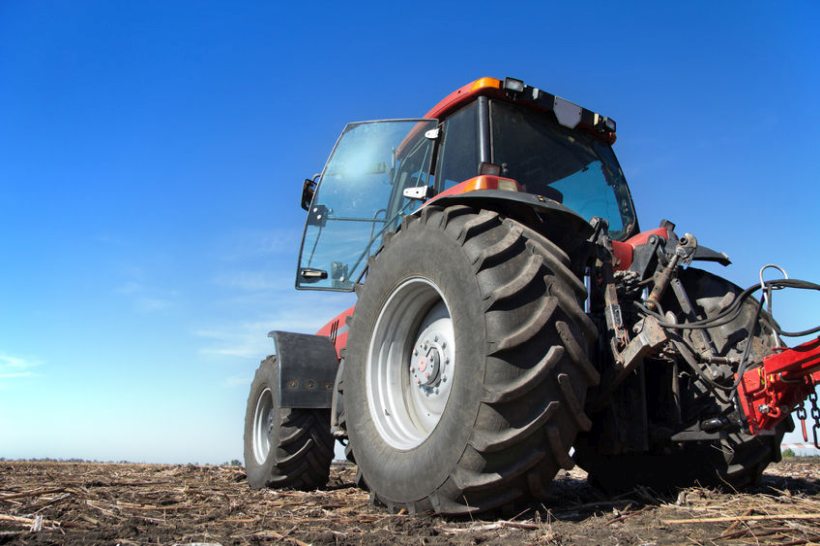
Scottish growers have been reminded not to miss out on capital funding for flotation tyres that promote better soil.
The Sustainable Agriculture Capital Grant Scheme provides grant funding for farmers to help them reduce the impact of farm machinery on soil.
The Scottish government scheme closes for applications on Sunday 11 October.
One of the largest threats to soil structure is the compaction by farm machinery, according to Zach Reilly of SAC Consulting, part of Scotland’s Rural College (SRUC).
However, he said the correct tyres can reduce pressure by up to 40%: “Compaction is inevitable with heavy machinery and the number of passes needed in agriculture, but one way that the soil structure can be protected is through the use of flexion tyres.
"The carcase of these tyres flex, creating a larger contact area for the machinery with the soil, reducing ground pressure."
Very High Flexion tyres, or VF tyres, can reduce ground pressure by up to 40% compared to standard tyres, Mr Reilly added.
“The government has recognised the environmental value of good, working soil to the future of agriculture and several types of tyres are available as retro-fit options under the Sustainable Agriculture Capital Grant Scheme.
"If you are thinking seriously about looking after your soil, you should be seriously considering applying for funding to help fit these specialist tyres.”
James Hopkinson at Cloud Farming has been exploring the most effective methods of soil regeneration both independently and as part of the Soil Regenerative Agriculture Group, a discussion forum with five progressive farmers in the East of Scotland.
He has been using VF tyres for a number of years: “When sowing a field, up to 85% of the field will be driven on depending on implement width and tyre size," he said.
"When you consider the whole crop production cycle, from primary cultivation to spraying to harvest many parts of the field can be driven on several times.
"Using flexible tyres alongside our reduced tillage regime has improved water and root movement within the soil and the pore space is much better within the soil profile.”
Alongside the benefits observed at Cloud Farming, improved soil structure can also have an environmental benefit.
Soil microbes can cause nitrous oxide emissions, a potent greenhouse gas, when they are exposed to anaerobic environments.
Mr Reilly said the process of denitrification was a complex one with several stages: "When soil microbes respire without oxygen several gases can be emitted, and soil compaction can cause this.
"Soils with a high water filled pore space can emit N2, which is not harmful, however soils with between 40% to 100% water filled pore space can emit N20, a greenhouse gas with a global warming potential approximately 300 times that of carbon dioxide.”
The Sustainable Agriculture Capital Grant Scheme is a pilot grant scheme introduced to support farm businesses to meet climate change targets and to promote sustainable farming. Applications close on 11 October.
